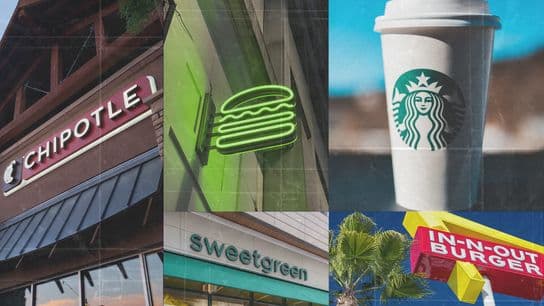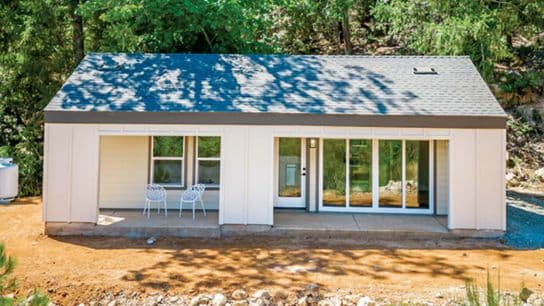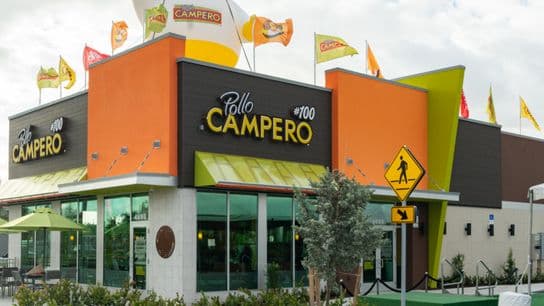3 Things Franchisors Wish They Knew When Franchising Their Business
Two CEOs of growing franchise brands share their hard-earned lessons
Many owners of successful businesses naturally ask themselves the question, “Should I franchise?” If you’re at this point - proceed with caution, as many brands translate into franchising and many don’t. For every McDonald’s or Wendy’s, there’s a Blockbuster Video, Radio Shack and countless others that never got off the ground. Since hindsight is 20/20, 1851 asked a few business owners that successfully turned their businesses into thriving franchise concepts what they wish they knew when they were starting out.
1. You will need a LOT of patience.
Josh York started GYMGUYZ, a mobile personal training business, in his parents’ dining room in 2008. He began franchising in 2014, and has grown the brand to 171 territories in 26 states and two countries in just four years, with 22 new territories in the pipeline. For York, having confidence in himself and in his brand is what led him down the path to franchising.
“My road to franchising was a long, scary and bumpy one,” said York. “But, when I look back, I realize how much patience I needed along the way.”
There’s a reason why the phrase “patience is a virtue” exists and for York, it was a key factor in his success. He adds, “Stick with your gut and continue to have patience. What most people don’t understand is that you have to fall in love with patience. As you open new territories, you should be constantly taking that success and putting it back into the business and reinvesting. If you want to achieve greatness, you have to be patient and you have to be relentless.”
Unlike some, York’s vision was painted clearly from the start, and during his journey, he continues to vision the road ahead.
“I was lucky to have the vision painted clearly from the beginning. Even now, I see myself at the GYMGUYZ conference in five years talking in front of thousands of people, just like I saw myself talking in front of my first conference when I was starting out.”
2. You will need to think hard about your ideal franchisee profile so you’ll know it when you see it.
Hao Lam, CEO of Best in Class Education Centers, a 50 unit supplemental education franchise that he started in 1988 and franchised in 2011, has enjoyed great success. But upon reflection, he’s able to easily pinpoint a few lessons learned along the way. One aspect that Lam wishes he had done when first franchising is to identify the characteristics of the ideal franchisee and of the franchise itself.
“When we were starting out, we did not have a profile of what a successful franchisee looks like,” said Lam. “Our core values are very important to us - to our staff members and our franchisees. We didn’t create the company’s core values, mission and vision until after we launched our first franchise. I wish we had done all of that earlier so that we could target the right franchisees from the very beginning.”
While a franchisor creates the core values, it’s up to the franchisees to live up to them. One way that can be accomplished is by other franchisees holding them accountable. Lam looks back to the start of his franchise journey and wishes he had introduced the idea of mentorship and peer support between his franchisees from the start.
3. You will need to mind your money at all times.
Once a business has officially become a franchise and can start targeting new franchisees, more lessons are learned, particularly as it relates to the financials. For York, the biggest mistake he made when growing the business was investing money in the wrong places and losing money. Lam regrets not leveraging the right broker network early on, but waiting until year three.
Though Lam and York come from opposite coasts and run very different businesses, both are reflective, constantly looking back and learning from their mistakes. After all, there are very few overnight successes in the franchise world; it’s a slow burn, and, according to York, only the strong will survive.









